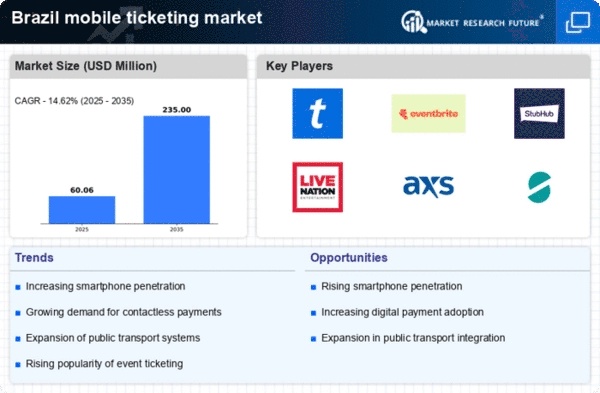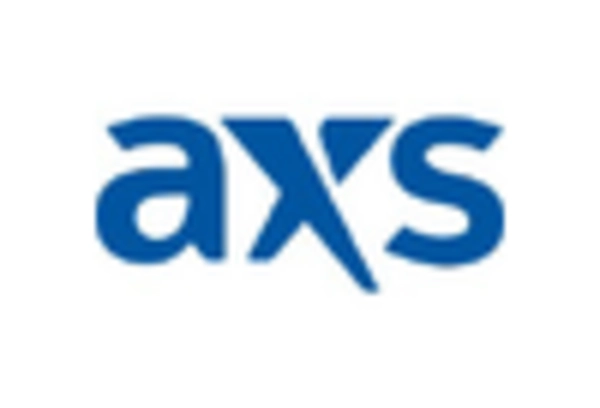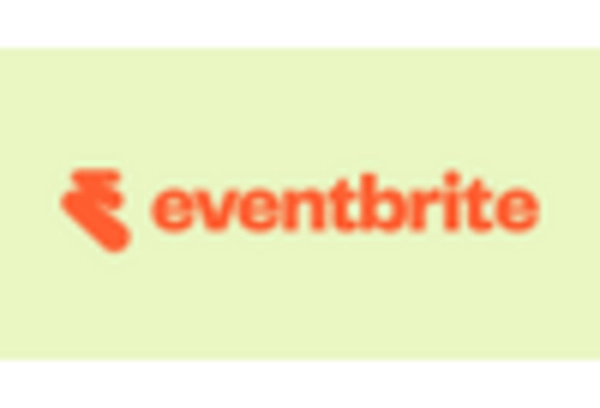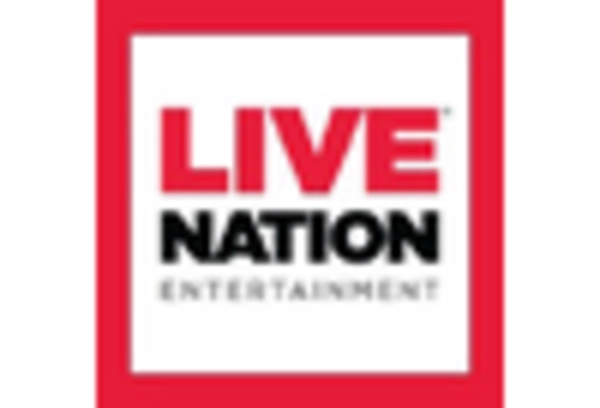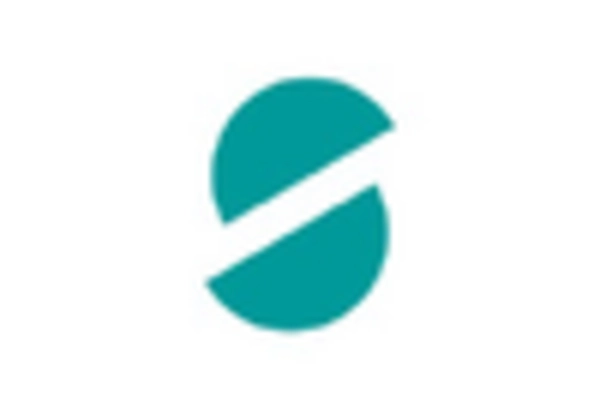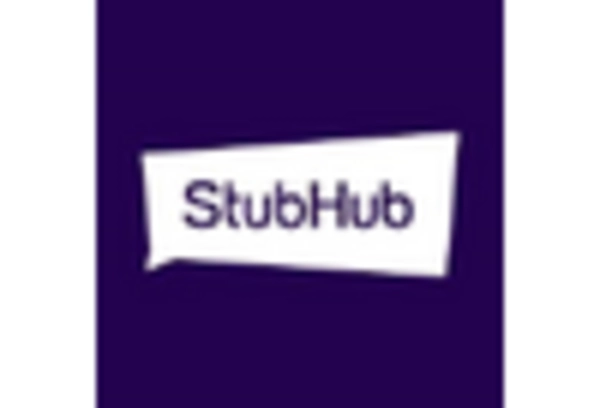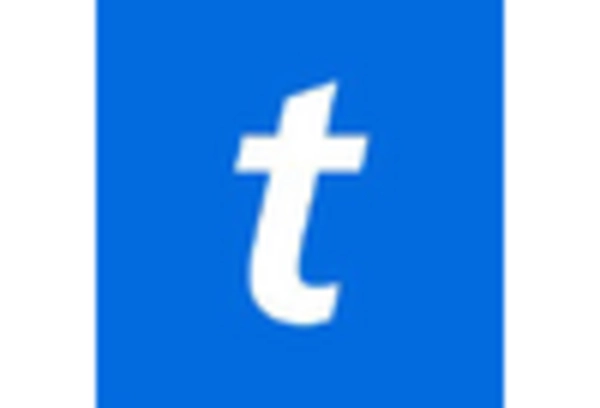Rising Urbanization
The rapid urbanization in Brazil is a pivotal driver for the mobile ticketing market. As more individuals migrate to urban areas, the demand for efficient transportation solutions increases. Urban centers are experiencing a surge in public transport usage, which necessitates streamlined ticketing systems. In 2025, urban areas in Brazil are projected to account for over 85% of the population, leading to a heightened need for mobile ticketing solutions. This trend indicates that consumers are likely to prefer mobile ticketing for its convenience and speed, thereby enhancing user experience. The mobile ticketing market is poised to benefit from this demographic shift, as urban dwellers seek to minimize wait times and optimize their travel experiences.
Increased Focus on Sustainability
The growing emphasis on sustainability in Brazil is emerging as a significant driver for the mobile ticketing market. As environmental concerns gain traction, consumers and businesses alike are seeking eco-friendly alternatives. Mobile ticketing reduces the reliance on paper tickets, thereby contributing to lower waste levels. In 2025, it is estimated that the mobile ticketing market could help reduce paper usage by up to 50% in the transportation sector. This shift not only aligns with consumer values but also encourages public transport operators to adopt mobile ticketing solutions as part of their sustainability initiatives. The potential for reduced environmental impact is likely to resonate with a broader audience, further driving market adoption.
Expansion of Public Transport Networks
The expansion of public transport networks in Brazil is a critical driver for the mobile ticketing market. As cities invest in improving and expanding their public transport systems, the need for efficient ticketing solutions becomes paramount. In 2025, Brazil is expected to see a 15% increase in public transport ridership, necessitating the implementation of mobile ticketing systems to manage the growing demand. The mobile ticketing market stands to gain from this expansion, as it offers a streamlined approach to ticket purchasing and validation. Enhanced public transport accessibility is likely to encourage more users to adopt mobile ticketing, thereby fostering growth in the market.
Consumer Preference for Digital Solutions
There is a notable shift in consumer preference towards digital solutions in Brazil, which is a crucial driver for the mobile ticketing market. As consumers become more accustomed to digital transactions, the demand for traditional paper tickets is declining. Surveys indicate that over 70% of Brazilian consumers express a preference for mobile ticketing options due to their convenience and ease of use. This trend suggests that the mobile ticketing market is well-positioned to capitalize on this growing inclination towards digital solutions. The ability to purchase and manage tickets via mobile applications aligns with the lifestyle of tech-savvy consumers, further propelling market growth.
Technological Advancements in Mobile Devices
Technological advancements in mobile devices are significantly influencing the mobile ticketing market. With the continuous evolution of smartphones, features such as enhanced processing power, improved camera quality, and better connectivity are becoming standard. In Brazil, the smartphone penetration rate is expected to reach approximately 80% by the end of 2025, facilitating the adoption of mobile ticketing solutions. These advancements enable users to purchase, store, and validate tickets seamlessly through their devices. The mobile ticketing market is likely to see increased engagement as consumers leverage these technologies for a more efficient travel experience, thus driving growth in this sector.


